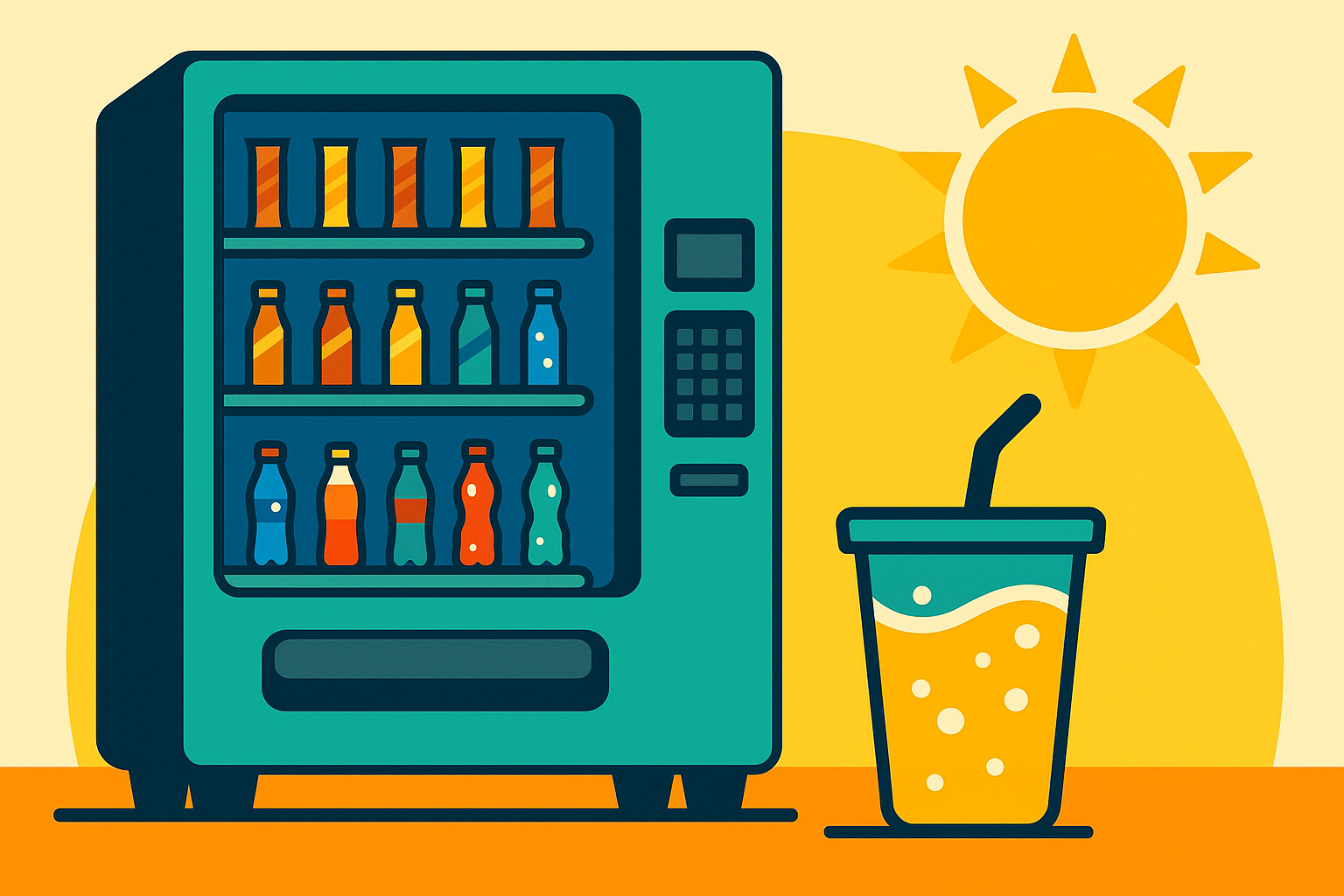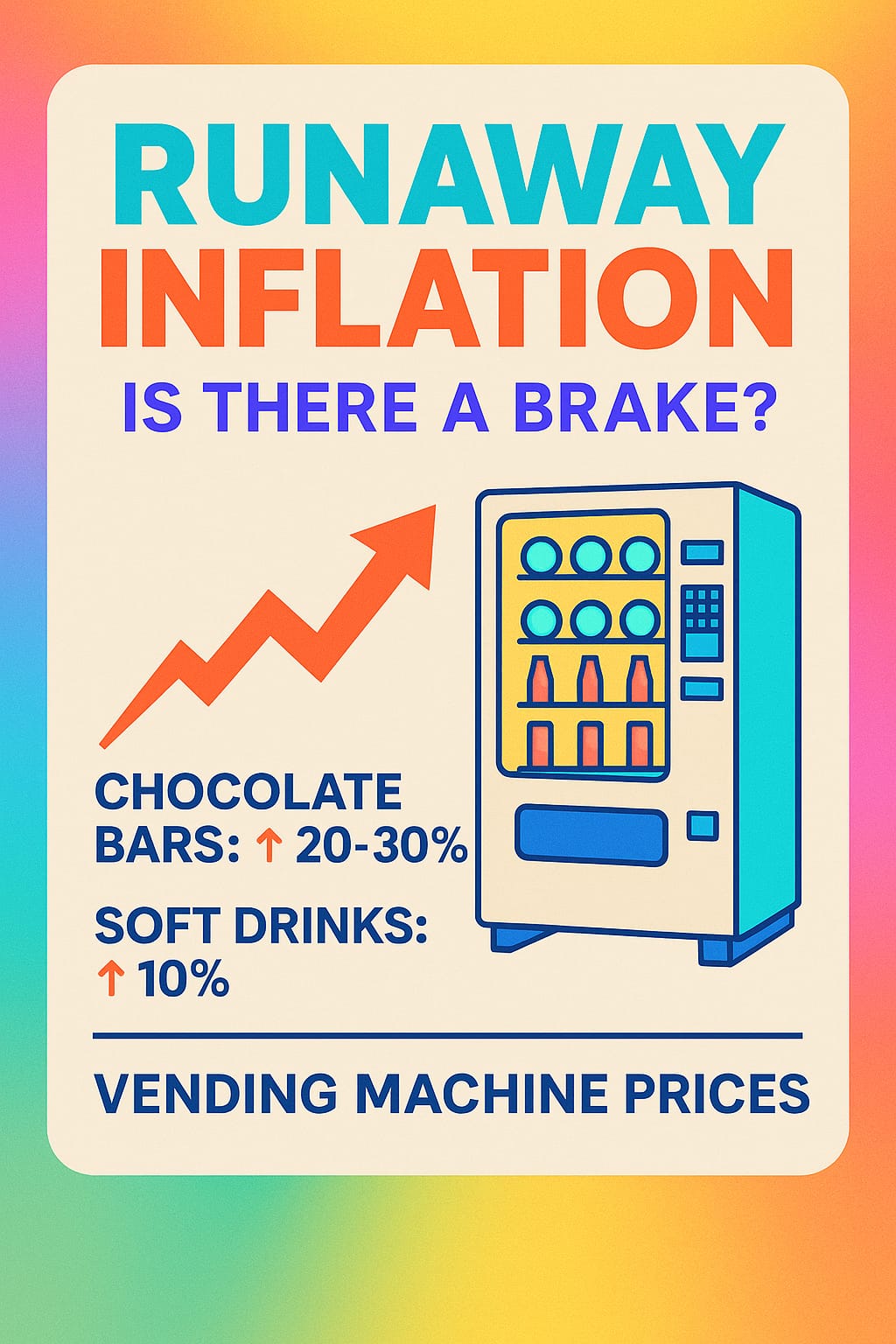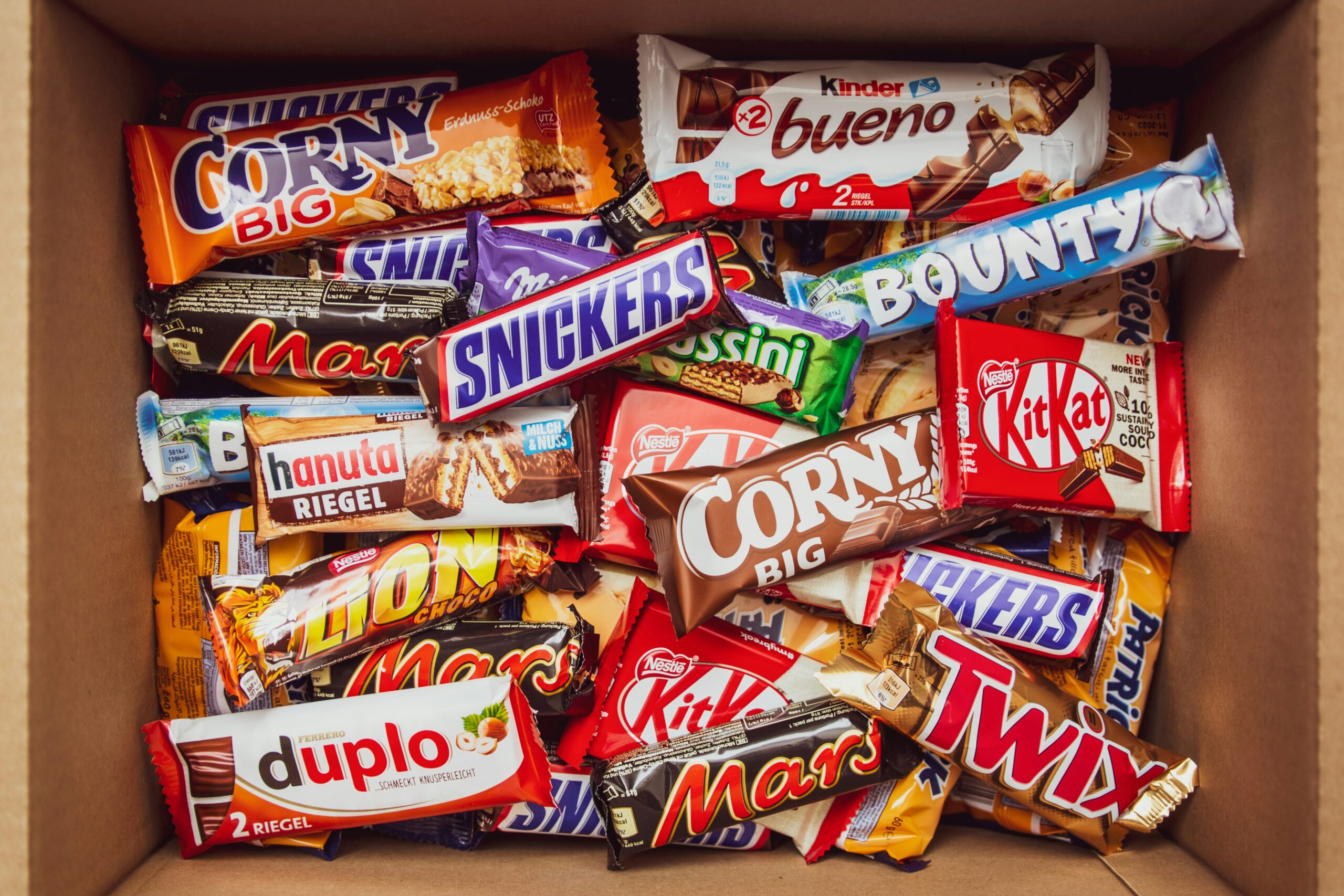BLOG
Embracing Eco-Responsibility: Vending Machines and Ireland’s Deposit Return Scheme
Ireland’s commitment to sustainability takes a significant leap forward with the Deposit Return Scheme launching in February 2024. This progressive move is not just a win for the environment but also a potential game-changer for the vending machine industry.
The Deposit Return Scheme, also known as a bottle deposit system, is a proven method to encourage recycling and reduce litter. Under this scheme, consumers pay a small deposit when purchasing beverages in single-use containers, such as plastic bottles or aluminum cans. They can then receive a refund when they return the empty containers to designated collection points.
By implementing this scheme, Ireland aims to increase recycling rates, reduce waste, and promote a circular economy. The benefits are numerous: less litter in public spaces, decreased reliance on virgin materials, and a significant reduction in greenhouse gas emissions associated with the production of new containers.
While the positive impact of the Deposit Return Scheme is clear, its implementation also presents a unique opportunity for the vending machine industry. Vending machines, traditionally associated with dispensing snacks and beverages in single-use packaging, can play a crucial role in facilitating the return and recycling of containers.
With the Deposit Return Scheme in place, vending machine operators can adapt their machines to accept empty containers and provide refunds to customers. This not only encourages recycling but also incentivizes consumers to choose vending machines over other options, knowing that they can easily return their containers and receive a refund.
Moreover, vending machines can serve as convenient collection points for empty containers, making it easier for consumers to participate in the recycling process. By strategically placing these machines in high-traffic areas, such as shopping centers, train stations, and office buildings, the accessibility and convenience of returning containers are significantly increased.
Additionally, vending machine operators can collaborate with local recycling facilities to ensure a seamless and efficient process for collecting and processing returned containers. This partnership can further enhance the environmental impact of the Deposit Return Scheme by optimizing the recycling and reuse of materials.
Furthermore, the integration of technology can enhance the effectiveness of vending machines in the context of the Deposit Return Scheme. For example, vending machines can be equipped with sensors to detect and sort different types of containers automatically. This automation streamlines the collection process and reduces the burden on consumers, making recycling even more convenient.
While the implementation of the Deposit Return Scheme presents new opportunities for the vending machine industry, it also comes with its challenges. Vending machine operators will need to invest in the necessary infrastructure and adapt their machines to accommodate the return and refund process. However, the long-term benefits, both environmentally and economically, make this investment worthwhile.
By embracing the Deposit Return Scheme, vending machine operators can position themselves as eco-responsible businesses, appealing to environmentally conscious consumers. This not only contributes to a more sustainable future but also enhances the reputation and competitiveness of the vending machine industry as a whole.
In conclusion, Ireland’s Deposit Return Scheme represents a significant step towards a more sustainable future. By encouraging recycling and reducing waste, this initiative benefits both the environment and the vending machine industry. By embracing this scheme, vending machine operators can play a vital role in facilitating the return and recycling of containers, furthering Ireland’s commitment to eco-responsibility.




